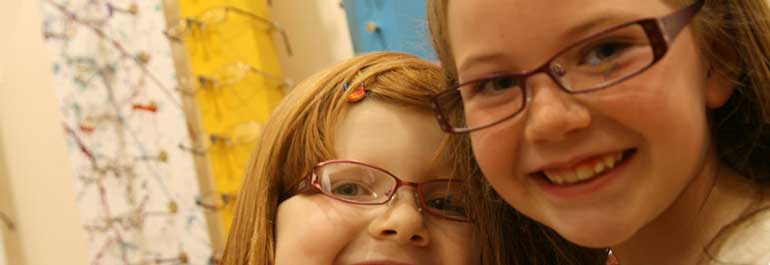Monday Feb 16, 2026
Monday Feb 16, 2026
Thursday, 25 June 2015 00:00 - - {{hitsCtrl.values.hits}}

By Rajeev Rajapakse (Eric Rajapakse Opticians)
The birth of a child and his discovery of the world around him is a time of great joy for parents. For the child, is it indeed a very exciting experience; all the child’s senses are stimulated and he begins responding to his environment. The child’s eyesight is therefore one of his windows to the world and parents need to be aware of certain factors that can affect the eyesight.
The first piece of advice is that parents should be conscious and aware of how the child behaves and look for signs that could hint to weak eyesight.
Until the child is about two-three years, eye testing is not necessary unless the child shows some of the following signs:
Reluctance or hesitation to look at books, pictures
Tilting the head to one side when reading/looking at books/watching TV
Frowning or squinting when looking at books or when watching TV
Frequently scratching the eyes
Having red/teary eyes
Any of this type of behaviour may be a sign that the child is experiencing visual discomfort and it is advisable to consult a paediatrician.
Squints can be very common at birth. These can be permanent or can occur from time to time. Once again, parents must be aware and observe the child to see if it persists and should consult a doctor if in doubt.
After three years, it is essential to get the child’s eyes tested. For this, the ophthalmologist will perform objective refractions using retinoscopy. If subjective refractions are conducted, parents can advise the child that the optometrist or doctor is going to ask them questions and encourage them to respond.
It is advisable for parents to supervise children who play with sharp objects (pens, crayons, etc) and to discourage them from playing with sticks etc to protect their eyes from injuries. It is also better to discourage watching television for long periods until the child is at least four years old.
School-going children should get their eyes tested. Undetected visual ailments can affect a child’s enthusiasm for school work, reading and can discourage a child from participating in school activities. It is therefore essential to detect weak eyesight to avoid the child’s performance and motivation being harmed. Children are often punished for not doing homework, for not studying, but rarely do parents or teachers get a child’s eyes tested to rule out weak eyesight as a cause.